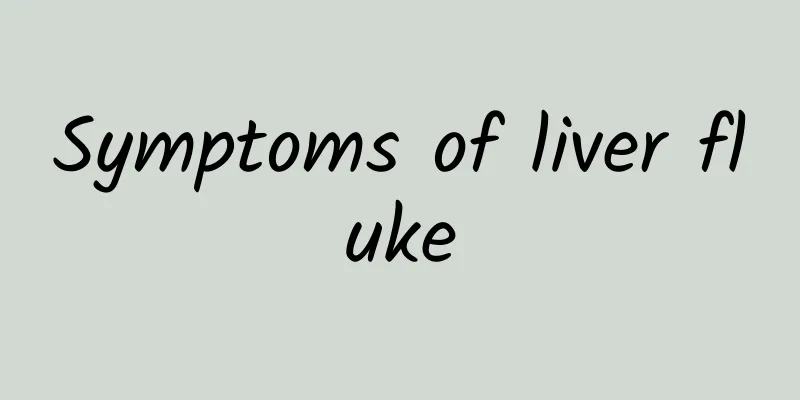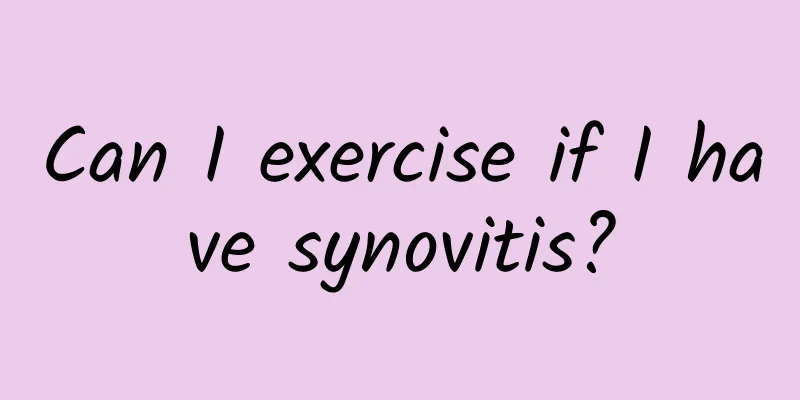What to do if urticaria eyelids are swollen

|
Urticaria is commonly known as hives. The causative factors are very complex and the cause cannot be found in most patients. It is usually related to mechanical stimulation, inhaled substances, genetics and other factors. Although the symptoms of urticaria will heal on their own, their recurrence is very distressing to patients, especially the swelling of the eyelids, which has a great impact on vision. So, what should I do if my eyelids are swollen due to urticaria? Let’s take a look below. 1. General treatment Because the causes of urticaria vary, the treatment effects are also different. The specific treatment measures are as follows: Because the causes of urticaria vary, the treatment effects are also different. The specific treatment measures are as follows: (1) Eliminate the cause. Every patient should strive to find the cause of the attack and avoid it. If the cause is infection, the infected lesions should be treated actively. If the allergy is caused by drugs, the allergy medication should be stopped; if the allergy is caused by food, find out the allergic food and do not eat this food again. (2) Avoid inducing factors. For example, for cold urticaria, you should keep warm; for acetylcholine urticaria, you should reduce exercise, sweating and mood swings; for contact urticaria, you should reduce the chance of contact. 2. Medication (1) Antihistamine drugs ①H receptor antagonists have strong anti-histamine and anti-other inflammatory mediator effects and are effective in treating various types of urticaria. Commonly used H1 receptor antagonists include diphenhydramine, cyproheptadine, chlorpheniramine, acrivastine, cetirizine, mizolastine, loratadine, ebastine, azelastine, desloratadine, etc.; when single treatment is ineffective, two different types of H1 receptor antagonists can be used in combination or in combination with H2 receptor antagonists. Commonly used H2 receptor antagonists include cimetidine, ranitidine, famotidine, etc. It is effective for acute, chronic urticaria and cold urticaria. Dosage varies from person to person. ② Doxepin is a tricyclic antidepressant that is particularly effective for chronic urticaria and has fewer adverse reactions. Doxepin is a better choice of drug for patients with urticaria who are not responsive to traditional antihistamines. (2) Drugs that inhibit mast cell degranulation and reduce histamine release ① Meta-hydroxyisobutyrine sulfate is a β2 adrenergic receptor stimulator that can increase the concentration of cAMP in the body, thereby inhibiting mast cell degranulation. ② Ketotifen inhibits mast cell degranulation and prevents the release of inflammatory mediators (such as histamine, slow-reacting substances, etc.) by increasing the concentration of cAMP in the body. Its suppressed. It is stronger and faster than sodium cromoglycate and can be taken orally. ③Sodium cromoglycate can block the binding of antigen and antibody and inhibit the release of inflammatory mediators. If used in combination with glucocorticoids, the dosage of the latter can be reduced and the therapeutic effect can be enhanced. ④ Tranilast reduces the release of histamine by stabilizing the mast cell membrane. (3) Glucocorticoids It is a second-line drug for the treatment of urticaria. It is generally used when severe acute urticaria, urticarial vasculitis, pressure urticaria are ineffective with antihistamines, or when chronic urticaria is severely stimulated. It is given by intravenous drip or orally, and long-term use should be avoided. Commonly used drugs are as follows: ① prednisone; ② triamcinolone; ③ dexamethasone; ④ diprosone. In emergency situations, hydrocortisone, dexamethasone, or methylprednisolone is given intravenously. (4) Immunosuppressants When patients with chronic urticaria have an autoimmune basis, the disease recurs, and the above treatments cannot achieve satisfactory results, immunosuppressants can be used. Cyclosporine has a good therapeutic effect. Azathioprine, cyclophosphamide, methotrexate and immunoglobulin can all be tried. Tripterygium wilfordii also has a certain therapeutic effect. Due to the high incidence of side effects of immunosuppressants, they are generally not recommended for the treatment of urticaria. In addition, drugs that reduce vascular permeability, such as vitamin C, vitamin P, calcium supplements, etc., are often used in combination with antihistamines. If it is caused by infectious factors, appropriate antibiotics can be used for treatment. |
<<: What to do if your child's legs are not straight
>>: Why is my nose bleeding on the right side?
Recommend
Why is there a dark circle around the mouth?
If there is a darker circle around the mouth, you...
What factors affect human bone health?
When people reach a certain age, their bones are ...
What to do if you have stomachache and sweating
If the stomach pain is severe, it will often caus...
Does pharyngitis cause coughing?
Pharyngitis is a relatively common disease with m...
Symptoms of otitis externa
Our ears are very sensitive organs. Many friends ...
What is occult blood in urine?
Do you know what occult blood in urine is? Genera...
The efficacy, effects and contraindications of Clematis
I believe that many people are not familiar with ...
What to do if iodine gets into your eyes
Povidone-iodine is a drug that can kill bacteria ...
How to deal with joint pain on cloudy days? Here are some tips to improve it easily
Many people experience joint pain on cloudy days....
What to do if blood viscosity is high? One trick to solve it
Blood viscosity is very harmful to the body and c...
What diseases can't eat cuttlefish?
No matter how good the food or thing is, it shoul...
Success rate of vaginal delivery with scarred uterus
As the name suggests, a scarred uterus refers to ...
How to do lumbar spine exercises
Nowadays, people are always used to sitting in fr...
What kind of tea is good for people with Yin deficiency?
Kidney deficiency is not unfamiliar to us adults,...
Health tips for the beginning of autumn
As the hot summer fades away and autumn arrives, ...









